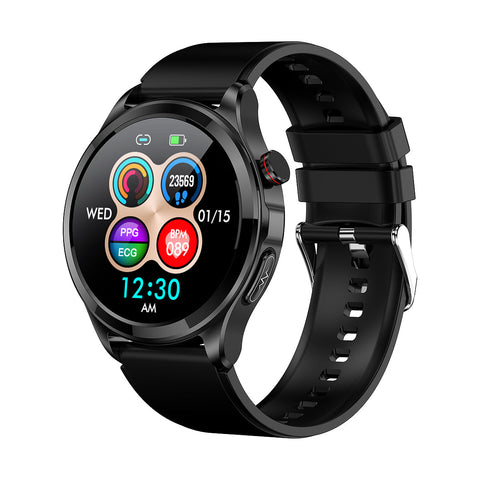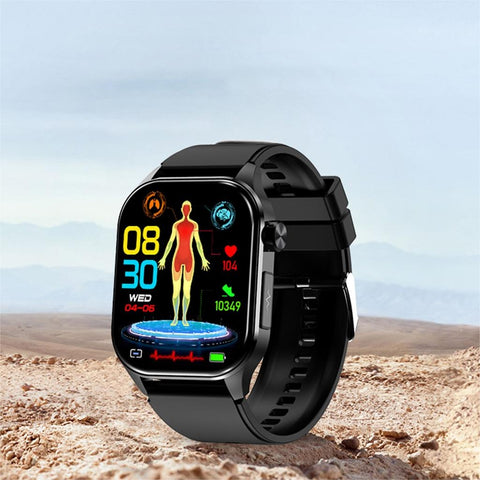Unusual Effects of Exercise on Your Body
Exercise is undoubtedly one of the best things you can do for your body, but sometimes it can lead to some unexpected and, well, strange experiences. From muscle twitches to bizarre cravings, our bodies can react in peculiar ways when we push ourselves physically. So, let's explore some of the curious phenomena that can occur when you work out, and why they happen.
1. Muscle Twitches and Spasms
Ever experienced those random muscle twitches or spasms during or after a workout? These involuntary contractions, known as fasciculations, can occur when muscles are fatigued or overworked. Dehydration, electrolyte imbalances, and inadequate stretching can exacerbate muscle twitching. However, in most cases, these twitches are harmless and usually subside on their own. Ensuring proper hydration, warming up before exercise, and incorporating stretching and cool-down exercises into your routine can help prevent muscle twitches.
2. Runner's High
The euphoric feeling commonly known as the "runner's high" can be a strange and exhilarating experience for many athletes. This sensation of elation and well-being is attributed to the release of endorphins, neurotransmitters that act as natural painkillers and mood elevators. Endorphins are produced in response to physical exertion, particularly during endurance activities like running, cycling, or swimming. The runner's high is often described as a sense of euphoria, clarity, and reduced perception of pain, making exercise not only beneficial for physical health but also for mental well-being.
3. Strange Cravings
Have you ever found yourself craving unusual foods after a workout? It's not uncommon for exercise to trigger strange cravings, ranging from salty snacks to sweet treats or even savory indulgences. These cravings can be attributed to a variety of factors, including changes in blood sugar levels, electrolyte imbalances, and the body's increased demand for energy and nutrients post-exercise. While it's okay to indulge occasionally, it's essential to fuel your body with nutritious foods that replenish energy stores and support recovery after a workout.
4. Exercise-Induced Hiccups
Exercise-induced hiccups, though rare, can be an annoying and unexpected side effect of physical activity. These repetitive, involuntary contractions of the diaphragm can occur during or after intense exercise, particularly in individuals who are prone to hiccups. The exact cause of exercise-induced hiccups is not fully understood but may be related to irritation of the diaphragm or disruption of normal breathing patterns during exertion. While hiccups typically resolve on their own, taking slow, deep breaths or sipping water may help alleviate symptoms.
5. Increased Flatulence
Let's face it – exercise can sometimes lead to increased flatulence, much to the embarrassment of many gym-goers. This phenomenon is due to the combination of swallowed air during physical activity and the movement of gas through the digestive tract as blood flow shifts away from the gastrointestinal system to the muscles. Certain foods, such as beans, cruciferous vegetables, and high-fiber foods, can also contribute to gas production during exercise. While passing gas is a natural bodily function, if excessive flatulence persists, it may be worth evaluating your diet and adjusting your intake of gas-producing foods.
In conclusion, while some of these strange occurrences may seem bizarre or even concerning, they are often normal reactions to the physical stresses of exercise. By understanding why these phenomena occur and taking steps to mitigate discomfort or inconvenience, you can continue to reap the numerous benefits of regular physical activity while embracing the quirks of the human body. So, the next time you experience a muscle twitch, crave a peculiar snack, or hiccup mid-workout, rest assured that you're not alone – your body is just responding in its own unique way to the demands of exercise.













